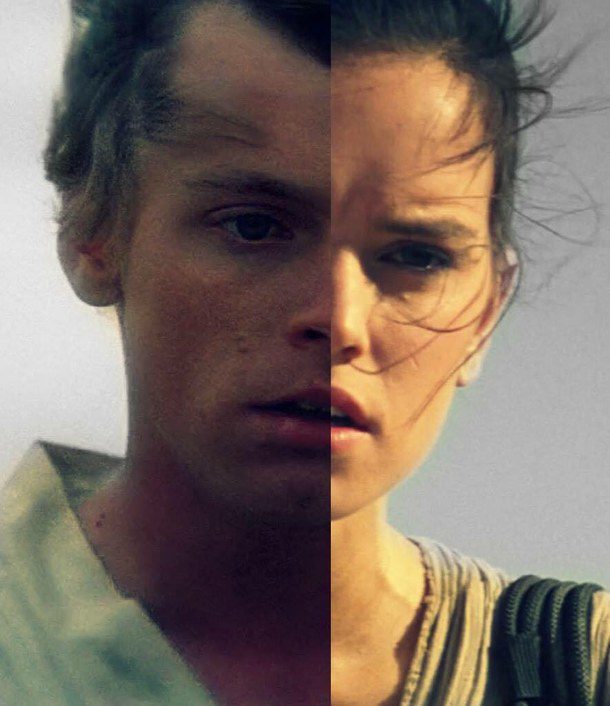If you’ve ever watched a film starring a highly competent female protagonist, you’re most likely familiar with the fanboy complaints that she is a Mary Sue. A Mary Sue is a character who is ‘too perfect’, often overpowered or overqualified and easily able to overcome any barrier that stands in their way. At best, they are seen as lazy writing and at worst, they are a self-insert for the writer.
But where did the term Mary Sue actually come from? Lieutenant Mary Sue was the female leader of the USS Enterprise in Paula Smith’s fanfiction A Trekkie’s Tale more than 20 years before a similar character was introduced on ‘Star Trek’. The story served several purposes, not only providing female viewers a more accessible route to the series but also criticising ‘Star Trek’’s love of telling stories about unrealistically brilliant characters. The original Mary Sue was essentially just a female version of what fans saw and loved on screen. Captain James Kirk possesses basically all the same ridiculously brilliant characteristics – in his narrative, he’s the first to defeat the unwinnable Kobayashi Maru test, graduates Starfleet Academy in the top five per cent and becomes the youngest starship captain in history. Yet he’s a beloved character in both TV and film, not subject to Mary Sue fan complaints.
So what’s wrong with a story about a perfect woman? The history of the Mary Sue trope reveals that it comes from sexist origins. A brilliant man is a great cinematic hero, but a brilliant woman is lazy writing.
The reaction to the new ‘Star Wars’ films is an illustrative example of this. While ‘The Force Awakens’ largely features an ensemble cast, it is arguably the story of Rey, a desert scavenger who quickly shows strong force sensitivities. Fans were quick to fire up their keyboards to criticise the character for being overly skilled with a lightsaber without any training and call her victory over villain Kylo Ren in the climax of the film unrealistic.
But isn’t that the story of Luke Skywalker? The kid said he was good at shooting womp rats on the surface of Tatooine and the rebellion picked him to lead the attack on the biggest death machine they’d ever seen. ‘Star Wars’ is not a revolutionary story in regard to its plot. It never sought to deliver a groundbreaking narrative about a fresh, unique character. It’s a classic retelling of the hero’s journey. No one had a problem when the hero was male. And George Lucas clearly wasn’t trying to hide the self-insert nature of the story when he named his main character Luke.
‘Mary Sue’ isn’t a cleverly developed critical term. It’s an excuse for sexism and used by whiny fanboys who aren’t happy that women have power and agency. Characters like Harry Potter, Clark Kent and James Bond haven’t faced tirades from fans for being Mary Sues even though they are highly-powered characters who always save the day and lack obvious flaws.
Mary Sues are everywhere in popular film and TV – if you think it’s lazy writing, then you should really stop watching it.
We acknowledge the Ngunnawal and Ngambri people, who are the Traditional Custodians of the land on which Woroni, Woroni Radio and Woroni TV are created, edited, published, printed and distributed. We pay our respects to Elders past and present. We acknowledge that the name Woroni was taken from the Wadi Wadi Nation without permission, and we are striving to do better for future reconciliation.
